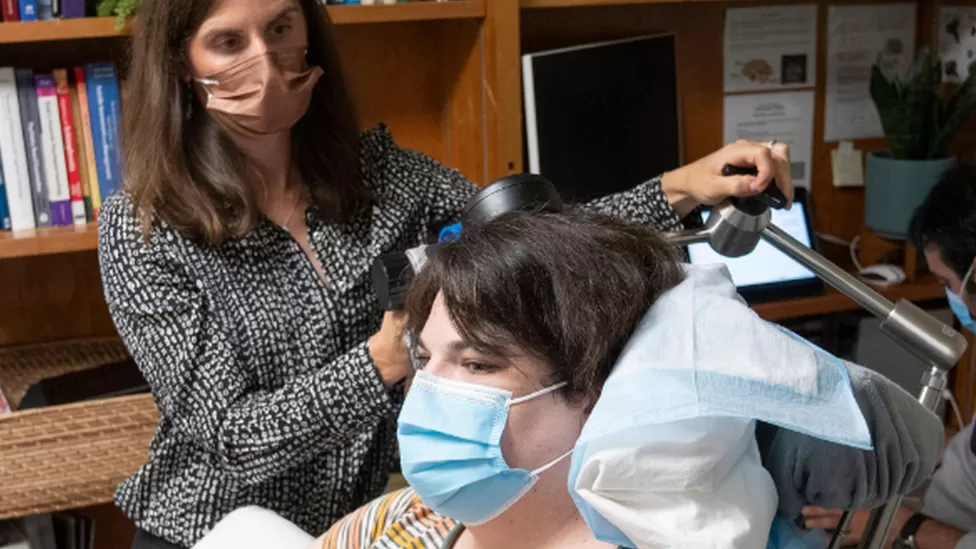A groundbreaking brain implant for depression, developed by the Houston-based startup Motif Neurotech, has successfully undergone its first human trials, providing a glimmer of hope for those suffering from depression and other neuropsychiatric disorders. The innovative implant, known for its wireless, battery-free, and minimally invasive nature, could potentially revolutionize the treatment of treatment-resistant depression (TRD) and similar conditions.
Depression poses a significant global health challenge, with approximately 280 million people worldwide living with the condition. Alarmingly, an estimated 30% of these individuals experience treatment-resistant depression, a state in which traditional antidepressant medications fail to provide symptom relief. Traditional neurostimulation, while effective for some TRD patients, usually involves complex and invasive procedures, requiring surgical opening of the skull and wire insertion beneath the skin to connect with a chest-mounted battery.

In contrast, Motif Neurotech’s wireless device offers a minimally-invasive alternative for the treatment of neuropsychiatric disorders, including TRD. The device, which is pea-sized and can be inserted in a straightforward outpatient procedure lasting just 20 minutes, eliminates the need for invasive surgery.
Surgeons begin the procedure by gently retracting the skin over a portion of the patient’s skull and drilling a small hole in the bone, without exposing the brain. The implant is then securely placed within the skull, covered, and the skin is reattached. To initiate treatment for TRD, the patient wears a headset designed to emit a magnetic field. This magnetic field stimulates a special magnetoelectric material within the brain implant, generating vibrations that are then converted into electricity.
While the device’s recent demonstration in human trials represents an exciting milestone, more extensive research is required to evaluate its long-term efficacy and safety. If the device continues to perform as anticipated, it could offer a groundbreaking solution for the treatment of depression and other neuropsychiatric disorders.
The hope is that this innovation will significantly enhance treatment options for those who struggle with depression, offering a more convenient, less invasive, and potentially more effective means of managing a condition that affects millions worldwid.
Resources:
1.https://www.freethink.com/hard-tech/neurostimulation
2.https://www.weforum.org/agenda/2021/10/brain-implant-could-cure-depression/
3.https://www.bbc.com/news/health-58719089
4.https://www.scientificamerican.com/article/brain-implants-for-mood-disorders-tested-in-people/